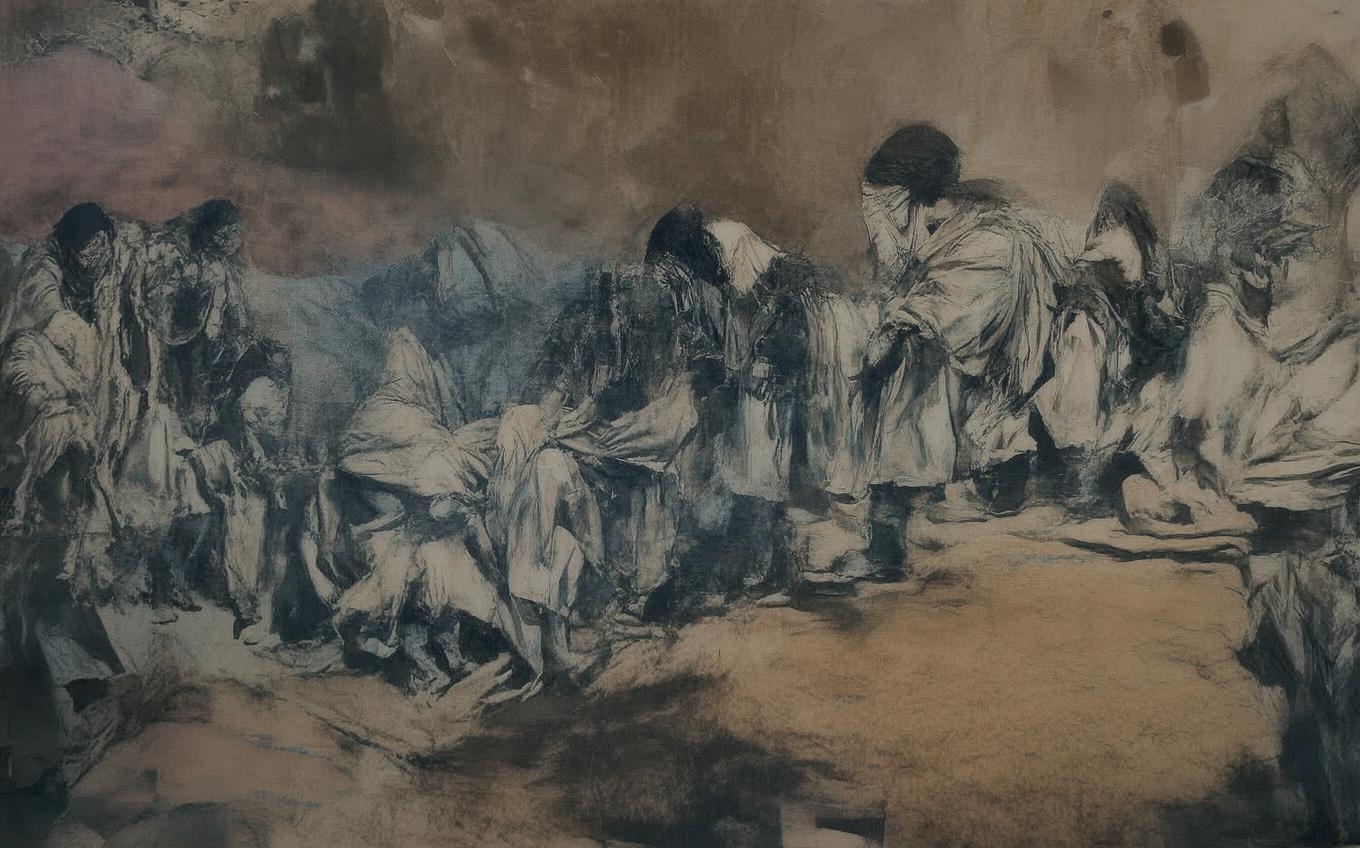Analysis of "杂诗三首" by Wang Wei - Classical Chinese Poetry
Introduction
Wang Wei (王维, 699–759 CE) was a renowned Tang Dynasty poet, painter, and musician, often celebrated as the "Poet Buddha" for his deep connection to Zen Buddhism and nature. His Zá Shī Sān Shǒu (杂诗三首, "Three Miscellaneous Poems") exemplifies his signature style—simple yet profound, blending natural imagery with philosophical depth. These poems are significant in Chinese literature for their ability to convey complex emotions and universal truths through minimalistic language.
The Poem: Full Text and Translation
Poem 1
家住孟津河
Jiā zhù Mèngjīn hé
My home is by the Mengjin River,门对孟津口
Mén duì Mèngjīn kǒu
Facing the river’s mouth at my door.常有江南船
Cháng yǒu jiāngnán chuán
Often, boats from the south pass by—寄书家中否
Jì shū jiā zhōng fǒu
Have you sent a letter home?
Poem 2
君自故乡来
Jūn zì gùxiāng lái
You’ve come from my hometown—应知故乡事
Yīng zhī gùxiāng shì
Surely you know how things are there.来日绮窗前
Lái rì qǐ chuāng qián
The day you left, by the silk-curtained window—寒梅著花未
Hán méi zhuó huā wèi
Had the winter plum blossoms bloomed?
Poem 3
已见寒梅发
Yǐ jiàn hán méi fā
I’ve seen the winter plum bloom,复闻啼鸟声
Fù wén tí niǎo shēng
And now hear birds singing.愁心视春草
Chóu xīn shì chūn cǎo
My sorrow gazes at spring grass—畏向玉阶生
Wèi xiàng yù jiē shēng
Afraid it will grow on the jade steps.
Line-by-Line Analysis
Poem 1
The first poem captures a moment of longing. The speaker lives by the river, a symbol of constant flow and separation. The question about a letter reflects anxiety and hope—a universal human concern for connection.
Poem 2
The second poem is a masterpiece of subtlety. The speaker asks a traveler from home about a trivial detail (plum blossoms), masking deeper homesickness. The "silk-curtained window" suggests nostalgia for a refined, peaceful past.
Poem 3
The third poem contrasts beauty (blossoms, birdsong) with melancholy. The "spring grass" symbolizes relentless time, and the "jade steps" represent an untouched, almost sacred space—now threatened by the encroachment of sorrow.
Themes and Symbolism
- Longing and Separation: The poems revolve around absence—whether from loved ones or homeland. The river, letters, and traveler symbolize distance and the desire for reunion.
- Nature as Emotion: Wang Wei uses nature (plum blossoms, birds, grass) to mirror inner states. The winter plum, resilient yet fleeting, embodies both hope and impermanence.
- Zen Influence: The simplicity of language reflects Buddhist ideals—observing the world without attachment, yet the poems reveal quiet emotional depth.
Cultural Context
The Tang Dynasty (618–907 CE) was a golden age of Chinese poetry, where literati like Wang Wei blended Confucian duty, Daoist harmony, and Buddhist detachment. These poems reflect the era’s yùjié (玉阶, "jade steps") culture—elite aesthetics intertwined with introspection. The "winter plum" (寒梅) is a classic symbol of perseverance in adversity, revered in Chinese art.
Conclusion
Wang Wei’s Zá Shī Sān Shǒu distills profound emotion into deceptively simple verses. Their power lies in the unspoken—what’s left between the lines. Today, they resonate as meditations on distance, memory, and the quiet beauty of the everyday. For readers worldwide, they offer a gateway into the soul of Chinese poetry: where nature and feeling are one.
Final thought: In an age of constant noise, Wang Wei’s poems remind us that the deepest truths are often whispered.




Comments (0)
No comments yet. Be the first to comment!